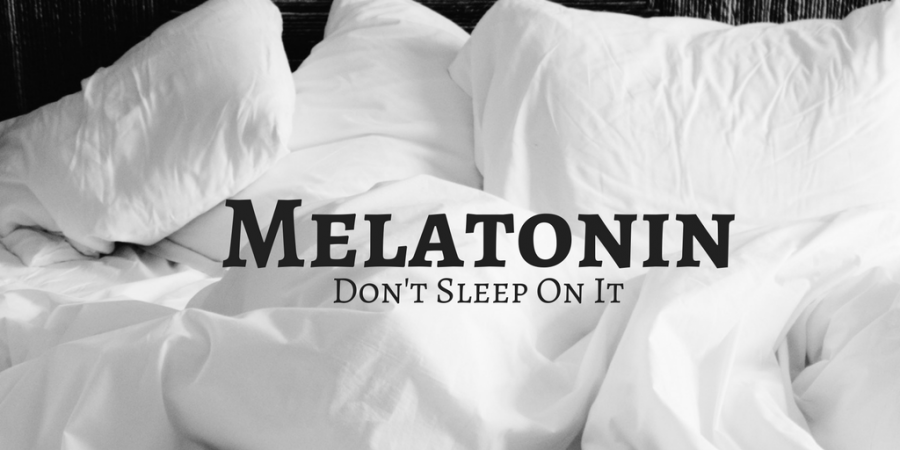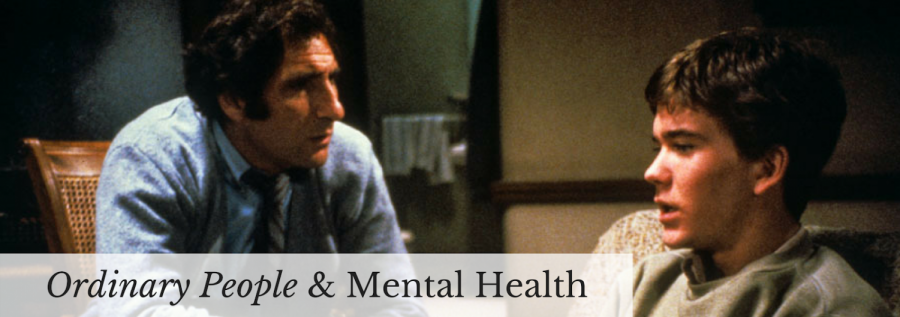Everyone agrees that one of the best feelings in the world is waking up from a full, uninterrupted night of sleep. However, it’s inevitable that there will also be a number of restless nights — constantly tossing and turning followed by the rude awakening of an alarm clock.
 Luckily, our brains produce a very important sleep hormone called melatonin. It is the counter hormone to cortisol, the stress hormone that is high while you are active and energized during the daytime. When it comes to the production of the hormone melatonin, the pea-sized pineal gland in the center of the brain is the main culprit. What makes the pineal gland a little bit odd is that it has optical tissue (eye tissue) within the gland, which means it has light receptors. When light enters the eyes it goes through an ornate series of reactions, and one of the places it ends up is the pineal gland. Therefore, the variations of light throughout your day have a direct effect on the amount of melatonin produced in your brain. Obviously, since it is a sleep hormone, light turns off the production, and the darkness stimulates it–calming your brain waves, slowing digestion, and relaxing your muscles.
Luckily, our brains produce a very important sleep hormone called melatonin. It is the counter hormone to cortisol, the stress hormone that is high while you are active and energized during the daytime. When it comes to the production of the hormone melatonin, the pea-sized pineal gland in the center of the brain is the main culprit. What makes the pineal gland a little bit odd is that it has optical tissue (eye tissue) within the gland, which means it has light receptors. When light enters the eyes it goes through an ornate series of reactions, and one of the places it ends up is the pineal gland. Therefore, the variations of light throughout your day have a direct effect on the amount of melatonin produced in your brain. Obviously, since it is a sleep hormone, light turns off the production, and the darkness stimulates it–calming your brain waves, slowing digestion, and relaxing your muscles.
Being over-exposed to light can skew our melatonin levels and throw off your circadian rhythm (sleep rhythms). This is why going outside and being exposed to natural cycles of light is so important, and minimizing screen time before going to sleep can make a significant difference.
Supplements of melatonin are considered to be the holy grail amongst a large population of people. However, most will eventually come to learn that consuming melatonin every single night to hit the sack a little bit sooner works pretty well at first, but becomes less effective over time. Since melatonin is a hormone that your body naturally releases, consuming a significant amount from supplements will trigger the brain to stop producing the hormone on it’s own, potentially leaving you in a more worn out state than before.
Although melatonin is known as a safe and natural over-the-counter quick-fix for sleep, that doesn’t necessarily mean that it will be the solution to all of your restless nights. According to a 2013 analysis, Consumer Reports stated that melatonin supplements worked to put users to sleep “only 7 minutes faster and sleep 8 minutes longer on average.” Additionally, “about 20 percent of users in our survey reported next-day grogginess.”
“The word ‘safe’ is used very freely and loosely with this drug,” said professor David Kennaway, “but there have been no rigorous, long-term safety studies of the use of melatonin to treat sleep disorders in children and adolescents.”
So what’s the consensus?
Melatonin is in fact a somewhat safe and natural supplement that can effectively be utilized from time to time–especially for countering the effects of jet lag, shifting sleep schedules, etc. However, your nights of tossing and turning cannot simply be solved by a little gummy, and it is not a cure for insomnia. Rather, the best and most effective way to establish a beneficial sleep schedule is by creating a consistent routine, and being sure to get lots of daytime exposure.




















